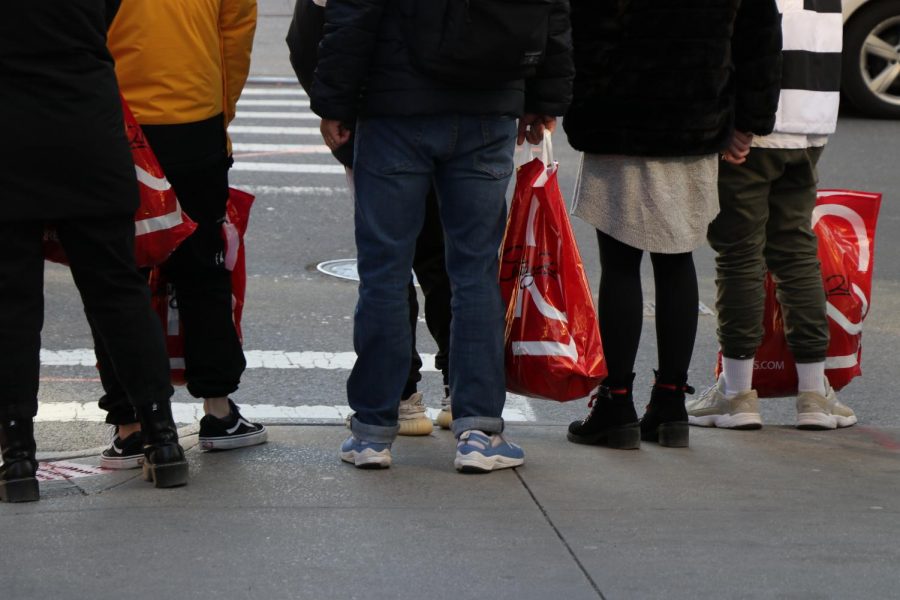NYC’s Bag Ban Is Only The Beginning
March 10, 2020
The Cuomo administration has, with resounding support, passed a law to ban most single-use plastic bags from distribution by grocery stores and other businesses.
The DeBlasio administration has followed in their footsteps, implementing a citywide law to charge 5 cents per paper bag purchased in an effort to persuade consumers to adopt reusable bags. This is just one progressive policy of the larger NYC Green New Deal, formally referred to as “OneNYC 2050: Building a Strong and Fair City.”
But what will this legislature actually do to move NY in a greener direction, and where do we go from there? These new policies are a great place to start, but does not quite allow New Yorkers to wipe their hands clean of environmental responsibility.
According to the NY Department of Conservation, New Yorkers use 23 billion plastic bags every year.
It has been clear for decades now that the United States has a waste management problem, especially urban centers. New York City specifically is no exception. A study from CUNY shows “NYC Residents currently recycle only 17 percent of their total waste – half of what they could be recycling. Plastic film, such as supermarket bags, comprises 7.5 percent of total waste, while clothing and textiles make up 5.7 percent of total waste.”
The bag ban takes an important step in the direction of phasing out single-use plastics and forcing New Yorkers to adopt more eco-friendly habits, but it is by no means the finish line in the race to carbon neutrality.
Even legislation as mild as the bag ban is not being widely adopted as quickly as one might think.
Currently, only eight of 50 states in the U.S. have a plastic bag ban or fee. California and Hawaii were the first to put bans into effect, but even after passing this progressive legislation, it was difficult to prevent business owners from finding loopholes, like distributing thicker plastic bags that were technically reusable. Consumers throw these bags away at the same rate as single-use bags, anyway.
Read another perspective: Bernabei on the conservative side of the issue
Despite all this, bag bans have had a net positive outcome. “A 2013 report from the non-partisan Equinox Center found that after plastic bag bans (PBB) were enacted in the cities of San Jose and Santa Monica and the county of Los Angeles, the use of single-use plastic bags (SUPB) significantly declined with the majority of consumers using reusable bags or no bag.”
Exceptions to the new NYC bag ban also exist. Plastic bags may be used to contain food sliced or prepared to order, unwrapped meat, fish or poultry, and bulk items such as fruits, vegetables, grains and candy.
This ban is not a perfect solution or even a solution at all, it simply manages the symptom of a larger problem in the production of unsustainable products. Despite all this, a plastic bag ban ultimately prevents tons of single-use plastic from being circulated and pushes consumers in the right direction — to bring their own bags.
Ultimately, the most carbon-efficient choice is always to not buy. Bringing your own bag is better than purchasing paper bags, and bringing a bag that you already had lying around is even better. The first step in the three-word mantra is first for a reason. Reduce, reuse and then recycle.
The larger NYC Green New Deal contains ambitious new legislation that would help align New York with the sustainable development goals of the UN and strives towards total carbon neutrality in the year 2050. The bag ban is just the first step in a much longer journey.












